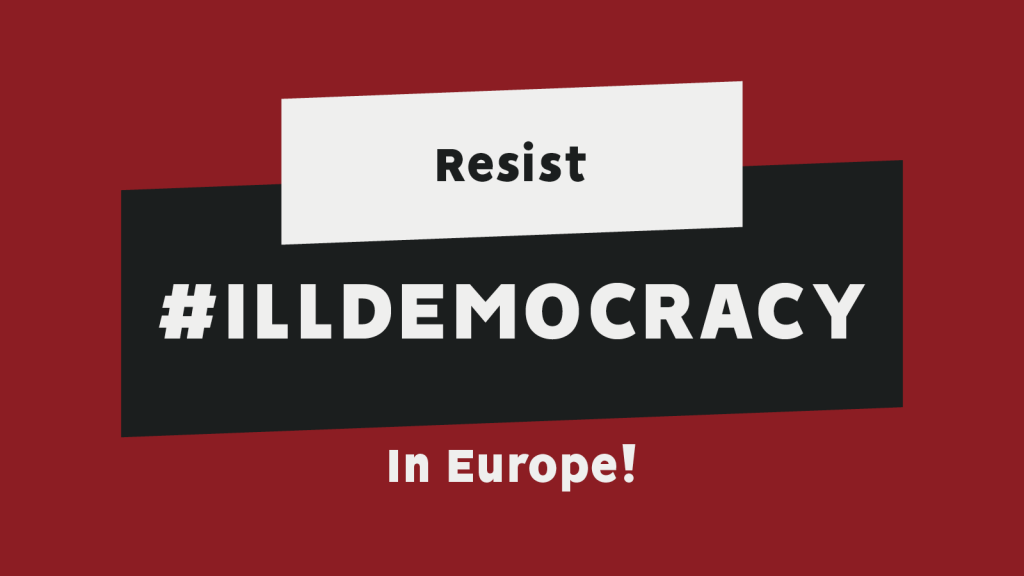Warsaw Human Dimension Conference – Ill democracy
Plenary Session I – Democratic Institutions
Check against delivery.
My organisation along with partners of the network of Human Rights Houses was one of the first to coin and employ the term, “ill democracy.” An “ill democracy” is a country in which the government uses its majority to manipulate legislative norms and impedes the functioning of democratic institutions, and threatens the independence of democratic pillars. As have been noted by speakers this morning, some of the countries represented around this table could reasonably be described as ill democracies, including Azerbaijan, Belarus, Georgia, Hungary, Poland, the Russian Federation, and the states of Central Asia.
Within ill democracies, we see limitations being placed on the right to freedom of assembly and association and attacks launched on human rights defenders. The aim is to limit the peaceful expression of dissenting views.
A strong and independent civil society plays a crucial role in countering illiberal trends and upholding the fundamental rights that underpin democratic societies. The ability for human rights organisations to assume their watchdog functions, and the right of citizens to access information and to participate fully in public life, are cornerstones of a pluralistic, democratic society.
Despite this, illiberal governments accuse human rights defenders of being traitors who work against the national interest or threaten traditional values, or in some cases these States offer impunity to those that target human rights defenders with such accusations.
This propaganda and state policy promoting traditional values makes a distinction between human rights defenders and the rest of society. This isolates human rights defenders and makes them more vulnerable. It makes it easier to attack them and to target their organisations, as persons who are destroying the key values of society. This stigmatisation within society also makes it harder for organisations to recruit new skilled people or to involve experts to work with human rights organisations.
States advocating “traditional values” and “illiberal” democratic values in reality aim at raising their own cultural norms and particularities above international law and standards, hence undermining universal human rights as a principle.
Madam moderator.
I would like to ask the panellists 2 questions: given the growth in the number of ill democracies within the OSCE region, how can this organisation use the tools and mechanisms at its disposal to support human rights given its reliance on consensus decision-making? What is the path forward in this reality?





